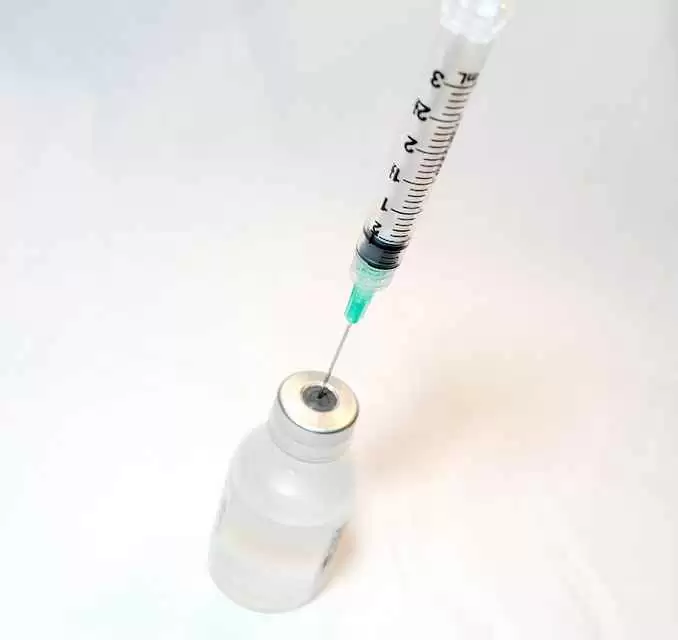
Celiac.com 02/01/2018 - To make a clinical diagnosis of celiac disease, doctors use serological testing for IgA antibodies to human tissue transglutaminase (anti-tTG) which indicate celiac disease autoimmunity. However, some tests are more highly sensitive for anti-tTG, while other tests are highly specific. So, is combining two tests a reliable strategy for screening for celiac disease in clinical practice?
A team of researchers recently compared the performance of three kits used to diagnose celiac disease, and evaluated the point prevalence of celiac disease autoimmunity in a South Indian urban population.
Celiac.com Sponsor (A12):
The research team included G Venugopal, J Mechenro, G Makharia, A Singh, S Pugazhendhi, R Balamurugan, and BS Ramakrishna. They are variously associated with the SRM Institutes for Medical Science, Jawaharlal Nehru Salai, Vadapalani in Chennai, India, the SRM Medical College Hospital and Research Centre, Kattankulathur, India, the All India Institute of Medical Sciences, Ansari Nagar, New Delhi, India, the Kansas University Medical Center, Kansas City KS, USA, the Indian Institute of Technology, Samantapuri, Bhubaneswar, India, the SRM Institutes for Medical Science, Jawaharlal Nehru Salai, Vadapalani, Chennai, India, and with the SRM Medical College Hospital and Research Centre, Kattankulathur, India.
For the first part of their study, the team performed anti-tTG testing on sera from 90 patients with documented celiac disease and 92 healthy controls using three different kits.
They then tested one thousand nine hundred and seventeen healthy adults residents of the Vellore and Kancheepuram districts for celiac disease autoimmunity using a sequential two-test strategy.
Based on these results, the team suggests that using first a highly sensitive test for anti-tTG followed by a highly specific test is a reliable strategy for screening for celiac disease in clinical practice.
Source:








Recommended Comments
There are no comments to display.
Create an account or sign in to comment
You need to be a member in order to leave a comment
Create an account
Sign up for a new account in our community. It's easy!
Register a new accountSign in
Already have an account? Sign in here.
Sign In Now